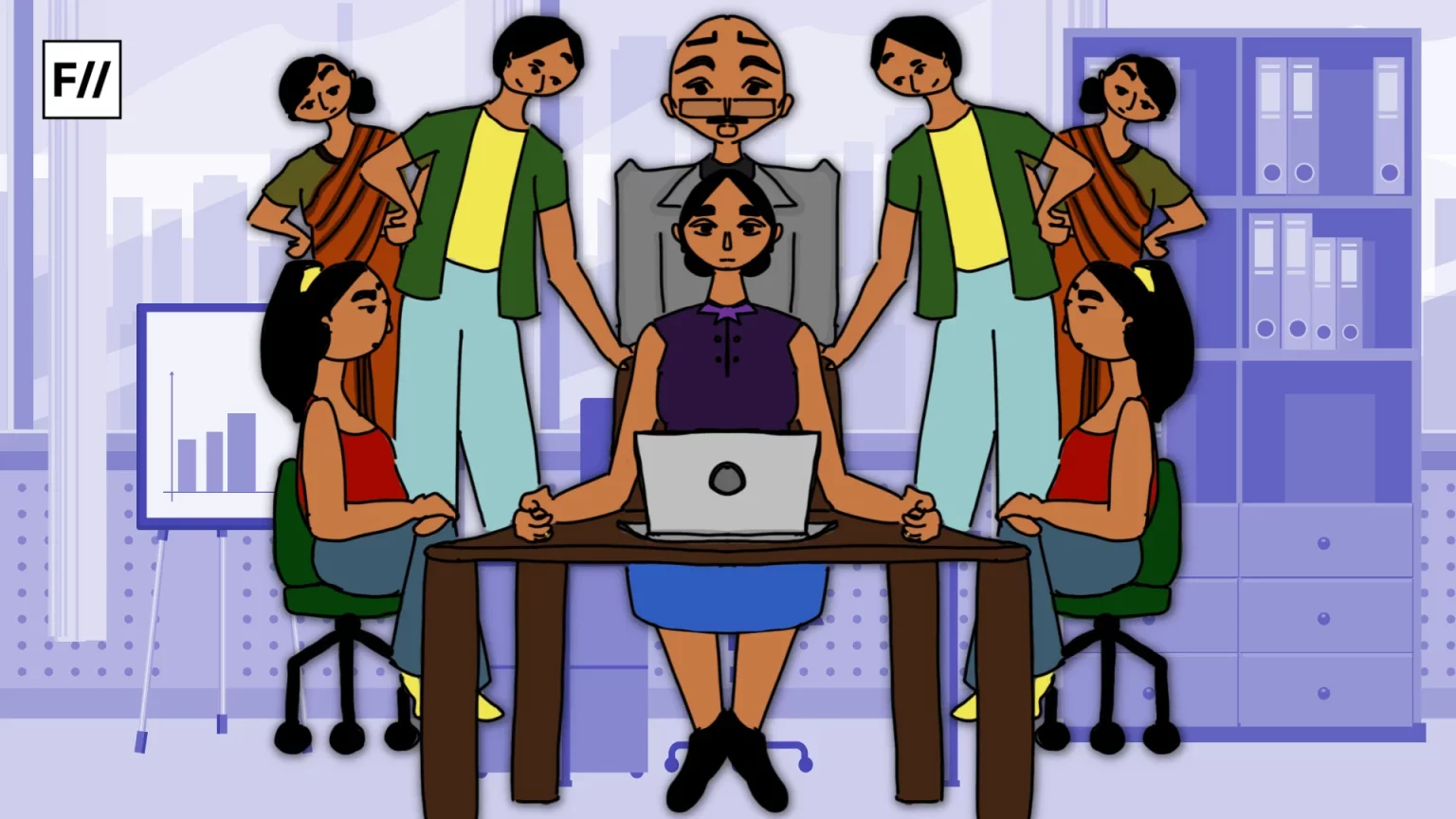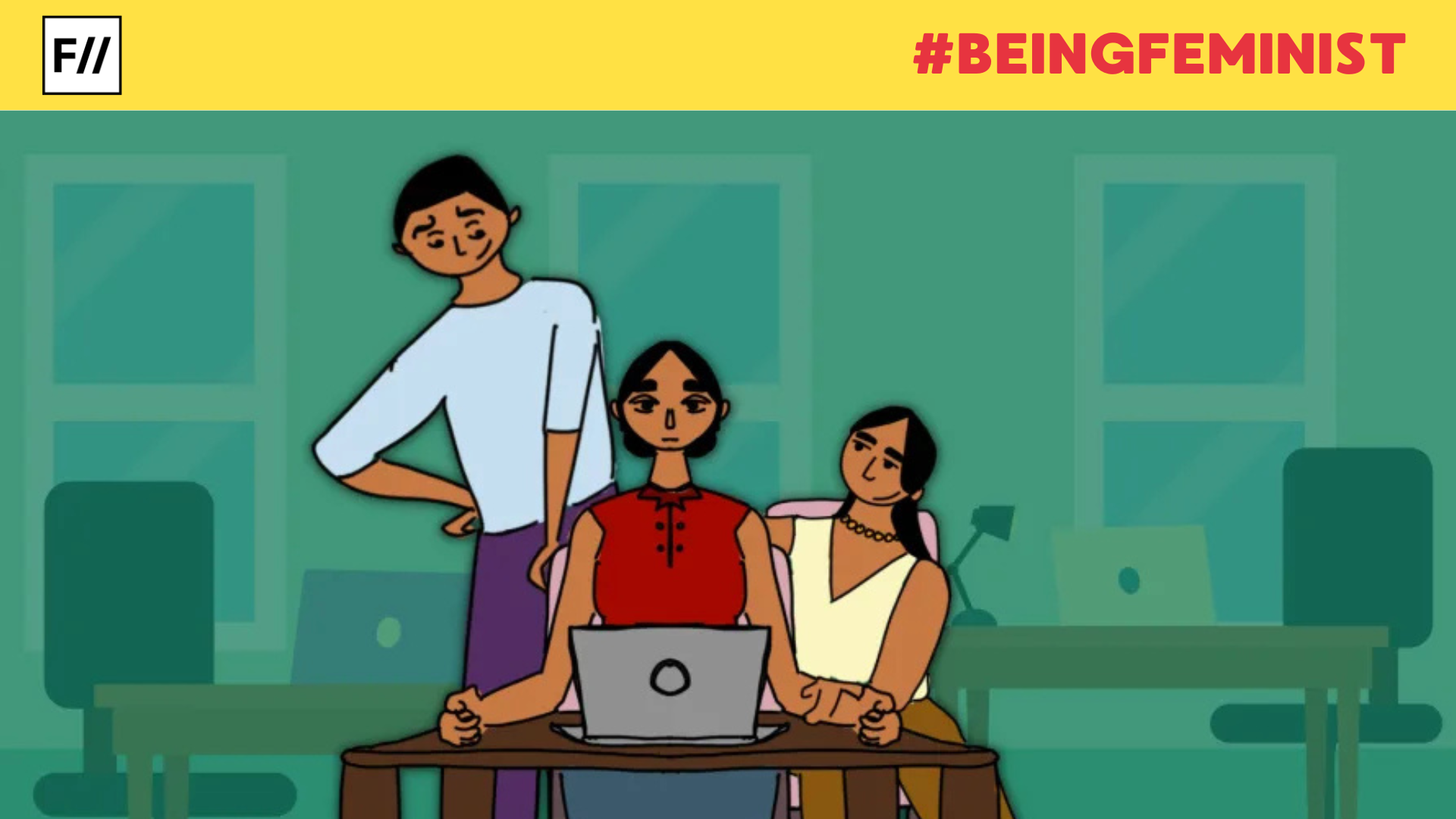According to the data from the Stanford Social Innovation Review, 26% of full-time social enterprise employees in India are women, compared to only 14% in the private sector. While women have historically been essential to the Social sector with figures like Aruna Roy from Mazdoor Kisan Shakti Sangathan, Ela Bhatt, founder of SEWA, Shaheen Mistri, the founder of Teach For India and Dr. Rani Bang from SEARCH, propelling progressive change, how have they been supported and encouraged in their workplaces? It is essential to inquire into the condition of working women in the Social/Development sector to see how conducive such organisations are to the growth and well-being of their female employees.
At the outset, it is of utmost importance that social work be given the same respect and recognition as work in any other sector. Often, social work is not seen as “real” work and the labour of women working in such organisations is reduced to a “hobby”. Social work needs to be acknowledged and respected as work that makes a difference, and also requires physical and emotional toil.
According to this report on India’s non-profit sector, Civil Society organisations are economic engines of growth and contribute to 2.7 million jobs and 3.4 million full-time volunteers, generating employment figures higher than that of the public sector. A substantial portion of Civil Society organisations contribute Rs. 3.56 trillion, as high as 2% of the GDP.
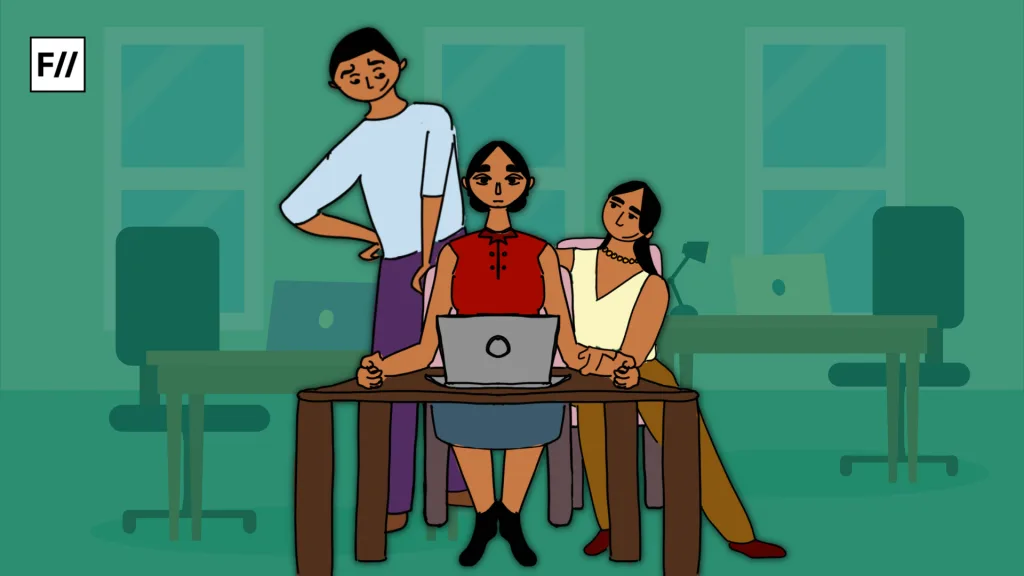
When we talk about workplaces in the social sector, there is a general expectation of these spaces being more appreciative and supportive of women workers, as the organisational ethos is built in line with the spirit of equality and empathy. Nita Luthra of Adhyayan Foundation, an organisation that is committed to ensuring quality education for children of all socio-economic backgrounds, corroborates this statement. ‘At Adhyayan, we are a woman-centric organisation, both in our workforce where we have more women employees than men, as well as our ethos, which allows flexibility and is understanding towards our women employees.’
This seemed to be a sentiment echoed by other organisations as well. Pallavi Wagle, from Arpan, an NGO working to end child sexual abuse, told FII about the strict no-discrimination policy at their workplace. ‘Almost 65-75% of our overall workforce, including at the leadership level, are women, which by itself, leads to better decision making when it comes to women. Some of our training is in remote places like Bastar in Chhattisgarh. One often sees women dropping out of the workforce if safety is not taken care of. To overcome this, we take a lot of measures to ensure the women field workers feel safe and their families are at ease. This allows them to continue working in jobs requiring travel without any stress.‘
At Vidhi Legal Policy, there is a reflection of this mentality, where women lead six of their nine research verticals, and three of their five strategy team members are women. ‘By design itself, the organisation is pretty equitable.‘
The importance of period leaves for women and all menstruators
Women and menstruators often have specific needs and requirements in the workplace. In India, there is currently no nationwide law making paid menstrual leave mandatory, but some companies and states have implemented such policies. Menstrual leaves allow women to take time off work when experiencing menstrual pain or discomfort. Some companies like Zomato, Swiggy and Byju’s offer paid period leave, while states like Bihar and Kerala have implemented menstrual leave policies.
Some companies like Zomato, Swiggy and Byju’s offer paid period leave, while states like Bihar and Kerala have implemented menstrual leave policies.
However, the discourse around period leaves in India is rife with contention. While some feminists claim that the specific health needs of menstruators can be addressed, thereby promoting gender equity and addressing social stigma through period leaves, another camp of feminists argue that mandatory menstrual leave could lead to employers being less likely to hire women, as they might be perceived as less reliable or more costly than male employees, thereby perpetuating workplace discrimination.
In the Social sector, although there is generally no demarcation of leave days as specific period leaves, leaves are granted without question to menstruators. ‘At Vidhi Legal Policy, we have introduced a menstrual leave policy which any menstruating person can take, no questions asked.’
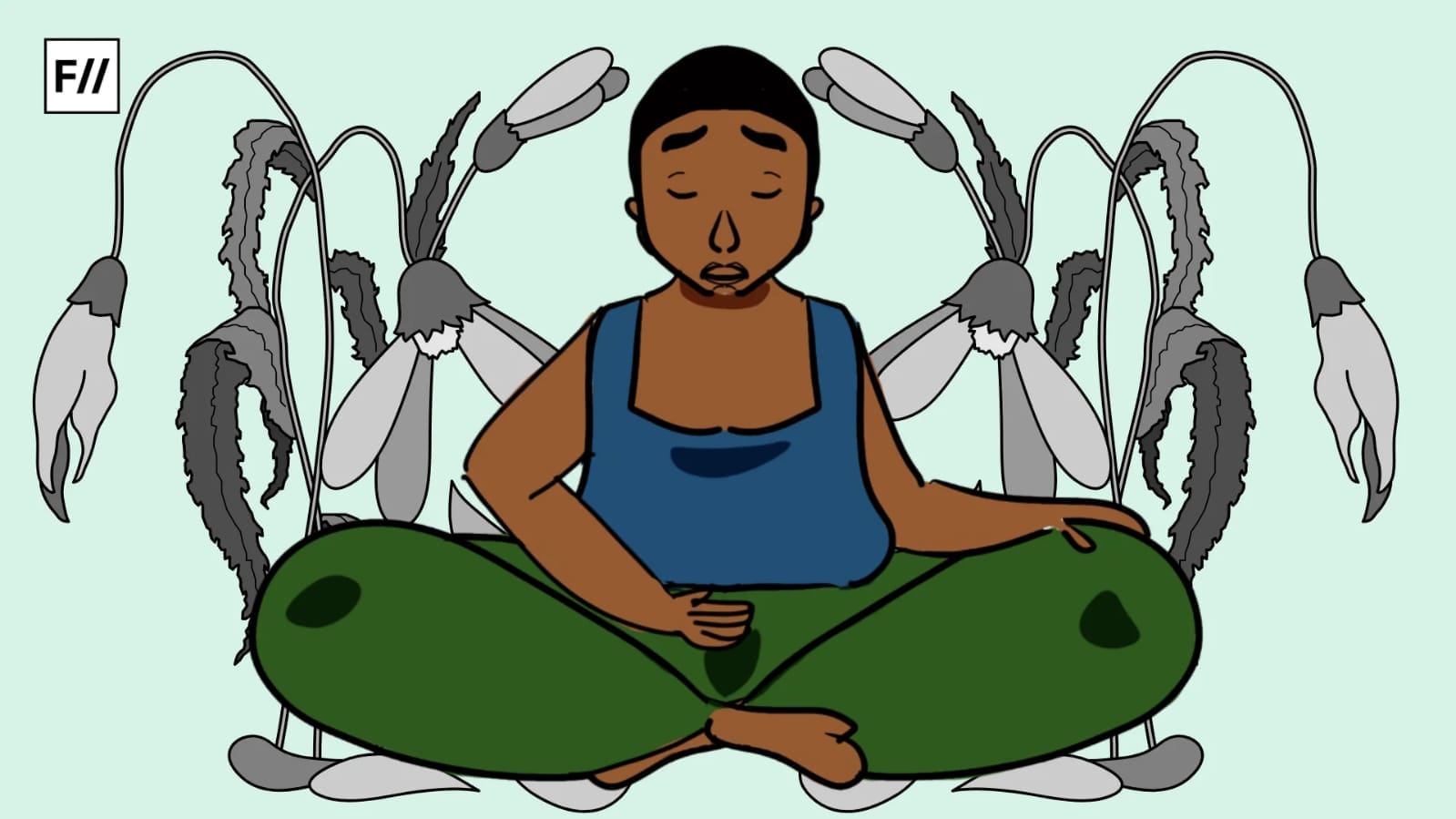
Period leaves are essential in the workplace to ensure the well-being of employees who menstruate. Often, period pain is trivialised and women are expected to bear the pain without any respite. Organisations in the social sector are changing this narrative by introducing paid period leaves and support systems for menstruators.
How flexible work hours support women employees?
As the world is slowly acknowledging that the nine-to-five work day, six days a week, is not a perfect model, organisations in the social sector have always been aware that flexible working hours are ideal for a team of people with different schedules and working pace. ‘At Adhyayan, we have no defined working hours. Instead, we focus on deliverables. Our Mumbai team also has the choice to work from the office or at home.’
After COVID, many organisations have chosen to work in a hybrid mode. At Arpan, the work arrangement is hybrid, with employees working five days a week instead of the usual six. ‘Arpan began the 5-day work week at a time when many non-profits were still operating 6 days a week. Working on an issue like Child Sexual Abuse can take an emotional and mental toll, the 5-day work week is an acknowledgement of that.’ In terms of flexibility, the organisation permits three days’ work from the office and two days’ work from home. This is, of course, achieved keeping the field realities in mind, as a lot of our work involves working with school children and teachers and parents, according to Pallavi.
In terms of flexibility, the organisation permits three days’ work from the office and any two days’ work from home. However, as most of their work is on the ground, working with school children and teaching them about personal safety, field teams might not have as much flexibility as the in-office teams, according to Pallavi.
However, as most of their work is on ground, working with school children and teaching them about personal safety, field teams might not have as much flexibility as the in office teams, according to Pallavi.
The working hours at Vidhi Legal, too, are flexible, and the employees do not have to report to the office during specific hours. Kadambari Agarwal says, ‘The employees of Vidhi can balance their personal life with their professional life. Our work culture is very trust and autonomy-based. We expect our fellows and employees to have the work done. It does not matter how much time they spend in the office.’
Flexible work hours and hybrid work arrangements are crucial for the holistic well-being, growth and productivity of women employees in organisations.
Gender sensitisation in the workplace
Workplaces need to be safe spaces where women can realise their potential and not be intimidated by the men around them. POSH refers to the Prevention of Sexual Harassment Act, 2013 in India. This law ensures that organisations create a safe and respectful work environment, free from sexual harassment, and outlines procedures for preventing, prohibiting, and redressing such harassment.
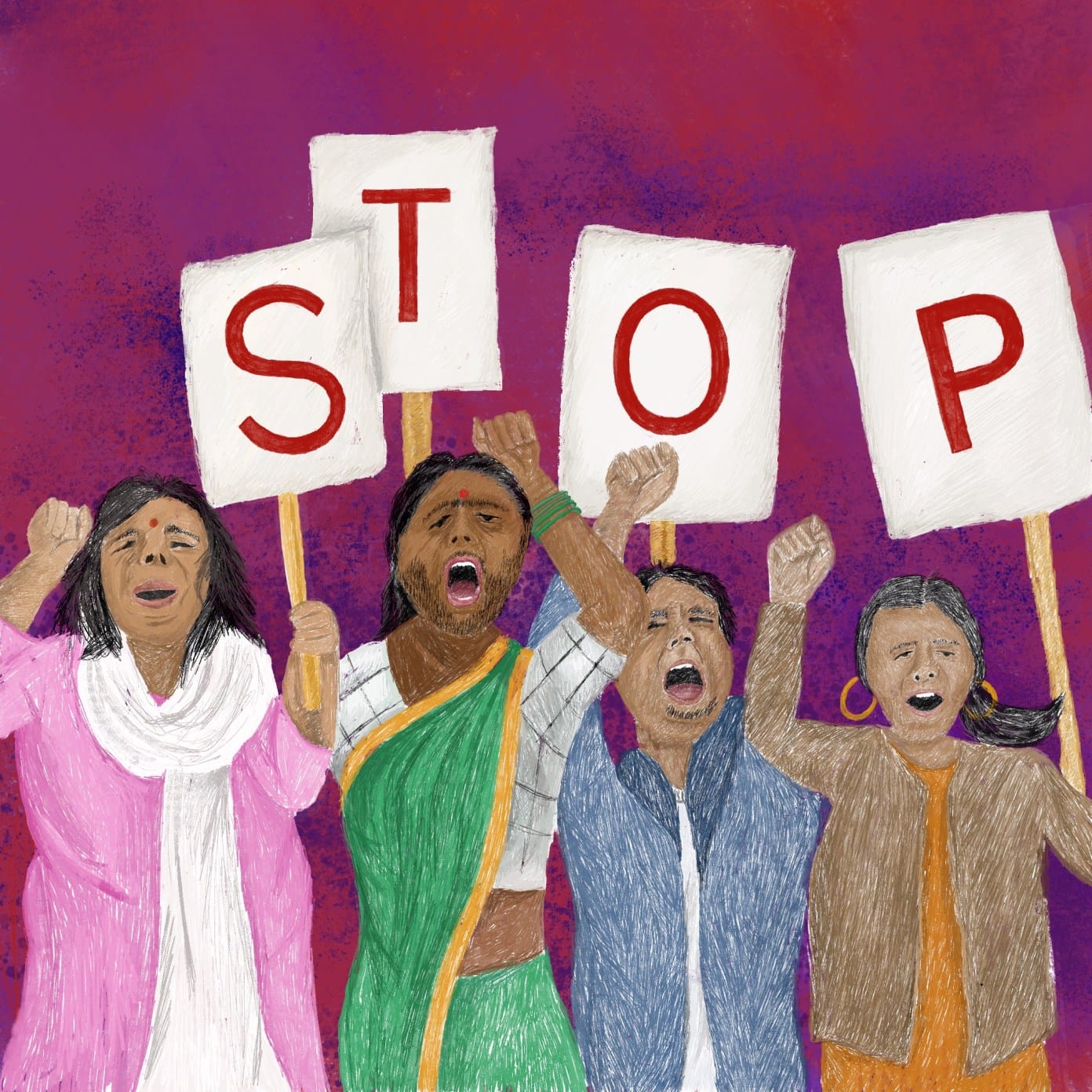
The act requires employers to establish Internal Complaints Committees (ICCs) to investigate and address complaints.
In the social sector, there is already an implicit understanding of gender sensitisation. However, there are still rigorous and frequent gender sensitisation training sessions. ‘At Adhyayan, we go beyond sexual harassment and focus on possible discrimination of all kinds,’ says Nita, ‘There is elected representation from all the teams in our POSH committee, and we have open discussions about issues.’
‘We invited a gender expert to have a conversation with employees at Arpan so that we can be gender sensitised, and go beyond the binary understanding of gender,‘ says Pallavi. ‘We also have a zero-tolerance POSH policy at Arpan, and as a part of it, we conduct workshops. While the law mandates sessions on POSH policy, we go beyond what the law mandates and have deeper conversations about boundaries, consent and creating safe workspaces.’
Pallavi also mentions that since many young professionals/fresh college graduates are joining the organisation, these discussions are impactful in a very early stage of their career. They are made aware of their rights and boundaries.
It is of great importance that workplaces be mindful of power imbalances, gender sensitisation and possible discrimination.
It is of great importance that workplaces be mindful of power imbalances, gender sensitisation and possible discrimination. Organisations in the social sector are having conversations on this issue, creating a safe space for working women.
Supporting working mothers in the organisation
According to Indian law, the Maternity Benefit Act, 1961 in India regulates the employment of women during certain periods before and after childbirth, providing maternity benefits and other protections. Employees are entitled to full pay during maternity leave.
At Adhyayan Foundation, the organisation goes beyond just mandating maternity leave and works to support mothers when they join the workforce again.
‘We have an employee in Goa who has a one-year-old child. She goes home every afternoon and feeds the baby and then comes back to work,’ says Nita. ‘In another instance, a field employee rejoined after childbirth and was unable to continue with the on-ground field role. We inducted her into a different role and tried to support her in this manner.‘
At Arpan, they have quite a few working mothers in the organisation. ‘We try to support working mothers by allowing flexibility and providing empathy,’ says Pallavi. Arpan also has a paternity leave policy in place. ‘Through this policy, we are also sending a message that both parents need to participate in childcare.’ Pallavi said.
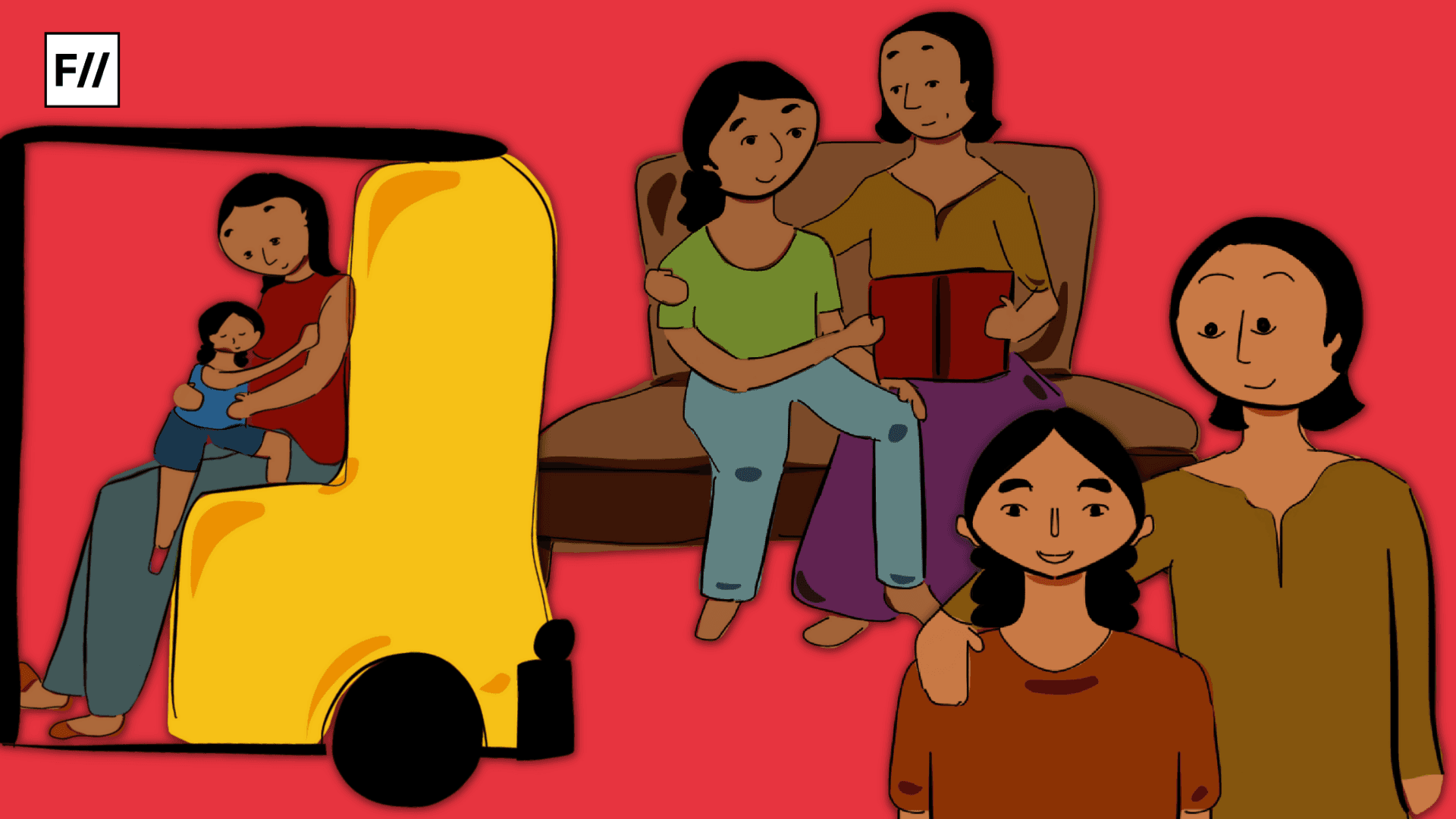
Pallavi also shared an example of a woman employee who was promoted to a supervisory role, which required travel. Soon after, when she got pregnant and the doctor advised her not to travel, the organisation created a new role for her so that she could continue to work while taking care of herself and the baby as per the doctor’s advice. ‘It can be quite distressful. First, you will rejoice on your pregnancy, but then the realisation that you’ve just been promoted and might not be able to continue because of the pregnancy hits you,’ says Pallavi, ‘We made sure her career doesn’t get impacted and she can manage both her work and motherhood.’
At Vidhi, children are very welcome at gatherings, work retreats and offsites. ‘It is a very inclusive culture, so that they can balance their professional lives with family.’
Organisations need to go beyond mere maternity leaves and actively work to bring mothers back to the workforce and support them every step of the way.
Organisations need to go beyond mere maternity leaves and actively work to bring back mothers to the workforce and support them every step of the way.
In conclusion, it is crucial to remember that women are essential to the workforce. They bring in innovative ideas, empathy and experiences so that the organisation can grow. In the social sector, women’s perspectives are to be valued and appreciated as some of the issues intersect with their lived experiences. Therefore, it becomes imperative that women are supported in organisations in every way. A woman-friendly organisation is not only a successful organisation, but also a holistic safe space brimming with kindness, empathy and supportiveness.
This is the final article in a 3-part series supported by the ATE Chandra Foundation.
About the author(s)
Ananya Ray has completed her Masters in English from Jadavpur University, Kolkata, India. A published poet, intersectional activist and academic author, she has a keen interest in gender, politics and Postcolonialism.
